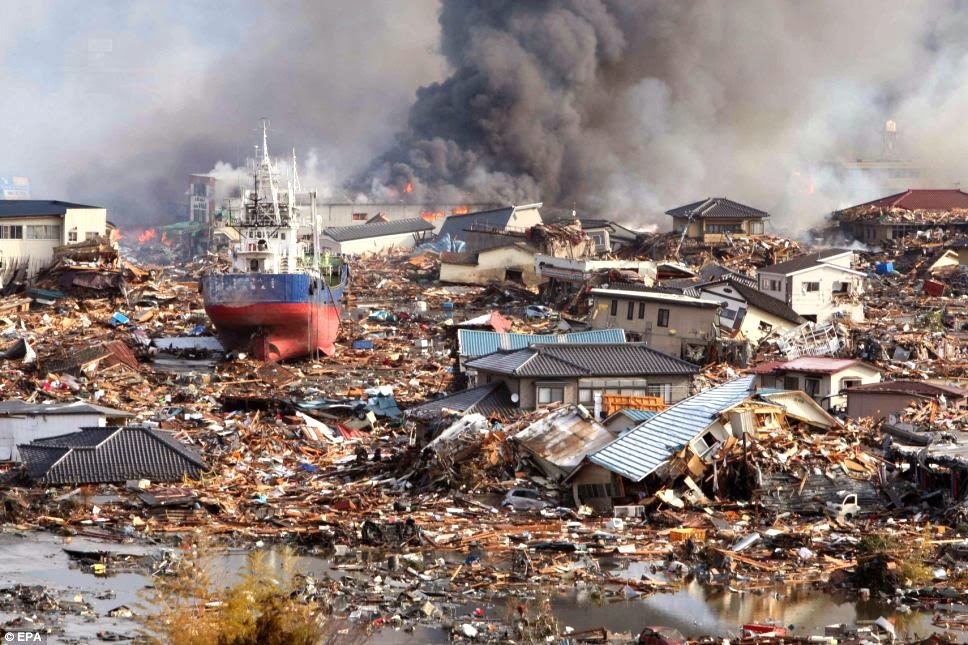Developing Countries are in need of Recovery not just Resilience

The earthquake and tsunami that hit Japan in 2011 cost $235 billion, according to World Bank. Six years later, Japanese residents are still recovering from the natural disaster. Japan’s Reconstruction agency stated that out of the 150,000 evacuees who lost their homes, 50,000 of them were still living in temporary housing. The reason behind the delay is the lack of construction workers and rising cost of building materials.
The question being posed is where will the funds come from to cover loss and damage after natural disaster?
Hundreds of delegates from around the world gathered at the United Nations Climate Change Summit in Bonn, Germany to discuss how to implement the Paris climate agreement which aims to reduce greenhouse gas emissions in order to fight global warming.
There is a strong debate around whether global warming results in stronger storms or floods. What is apparent is that almost half the world’s population live within 200 kilometres of a coastline, which is prone to natural disaster. So whilst reducing global warming could potentially decrease the risk of natural disasters, how to ensure recovery for the countries already affected.
Harjeet Singh, global lead on climate change for Action Aid International says the main challenge is that there are “currently no funds set up for loss and damage.” While destructive hurricanes and flooding are likely to become more frequent, especially in countries where infrastructure and emergency-response plans are less developed, the same places will continue to be hit creating a need recover, rebuild and restore.
Industrialised countries are worried that they will be made to pay for the costs of climate damage to support the developing countries. The governments in the developing world are under pressure to face the risk when choosing between prevention and restoring. They lack resources and time and damage recovery can take up years.
During the UN Climate Change Summit leaders claimed insurance is key to stabilising economic growth and speeding up the recovery process. The InsuResilence Global Partnership was launched with an aim to help protect 400 million poor and vulnerable people around the world by 2020. Insurance will be provided against damage caused by global warming. Whilst the initiative has its good points, it will drive the disadvantaged people in developing countries to pay for insurance premiums.
Julie-Anne Richards from the Climate Justice Program says that “the insurance mechanism is a clever initiative of developed countries to push developing countries to pay for climate risk for which they are not responsible.”
A range of other innovative ideas to prepare for climate change disasters will be explored at the Global Disaster Relief and Development Summit on 5-6th September 2018 at the Ronald Reagan Building and International Trade Center in Washington, D.C. Participants will also look into how to manage climate-related disaster risks more effectively and technological innovations used to better reach and engage communities.
To learn more about the Global Disaster Relief and Development Summit, visit the website















